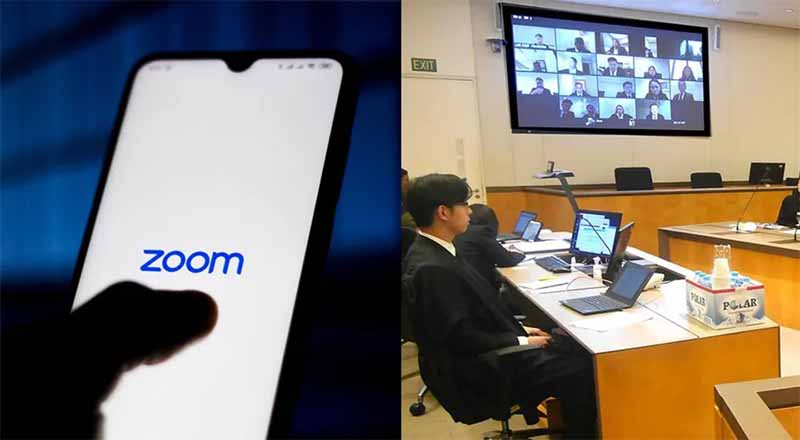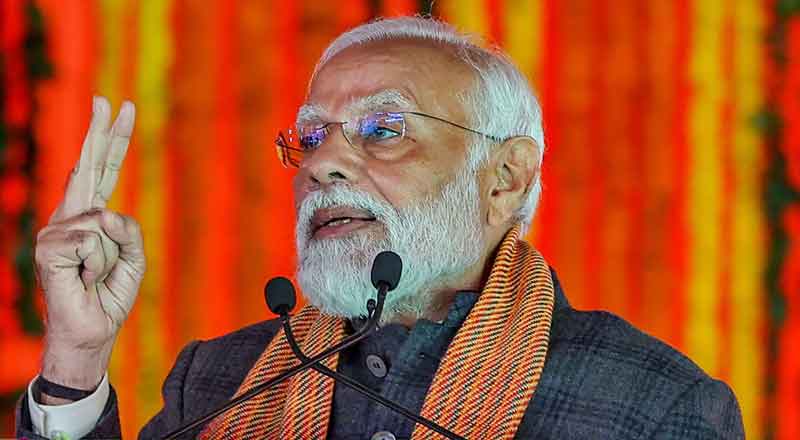Punithan Genasan, 37 received the sentence on Friday for his role in a drug deal that took place in 2011. It marks the city’s first case where such a ruling has been done remotely.
Human rights groups argued that pursuing the death penalty at a time when the world is being gripped by a pandemic was “abhorrent”. The vast majority of court hearings in Singapore have been adjourned until at least 1 June, when the city’s current lockdown period is due to end.
Cases which have been deemed to be essential are being held remotely. Singapore has a zero-tolerance policy for illegal drugs. In 2013, 18 people were executed – the highest figure in at least two decades, according to Amnesty International. Death penalty uncontroversial in anti-drug Singapore
Singapore prides itself on its low crime rate and is fiercely anti-drugs, with a zero-tolerance approach to drug trafficking.
Until recently, drug trafficking was one of four crimes that brought a mandatory death sentence. Judges can now reduce that to life with caning, under certain conditions.
The government maintains that hanging drug traffickers sends a powerful message of deterrence against a socially destructive crime.
Human rights campaigners have long argued that the process is too secretive, and say that executions disproportionately target low-level drug mules, while doing little to stop the flow of drugs into the country. Executions rarely get prominent coverage in the national media, and opinion polls consistently show overwhelming public support for the death penalty in some form, making the few anti-death penalty campaigners a fringe group.
In a country where the media is rarely overtly critical of government decisions, there is unlikely to be much of a public outcry over Punithan Genasan’s fate being decided by video call.
Human Rights Watch Asia deputy director Phil Robertson told the a news channel, “It’s shocking the prosecutors and the court are so callous that they fail to see that a man facing capital punishment should have the right to be present in court to confront his accusers.”
Singapore officials are not the first to issue a death penalty over a video conference call.
Human Rights Watch condemned a similar ruling made in Nigeria earlier this month .
“The irreversible punishment is archaic, inherently cruel and inhuman. It should be abolished,” Human Rights Watch told the new agency.





